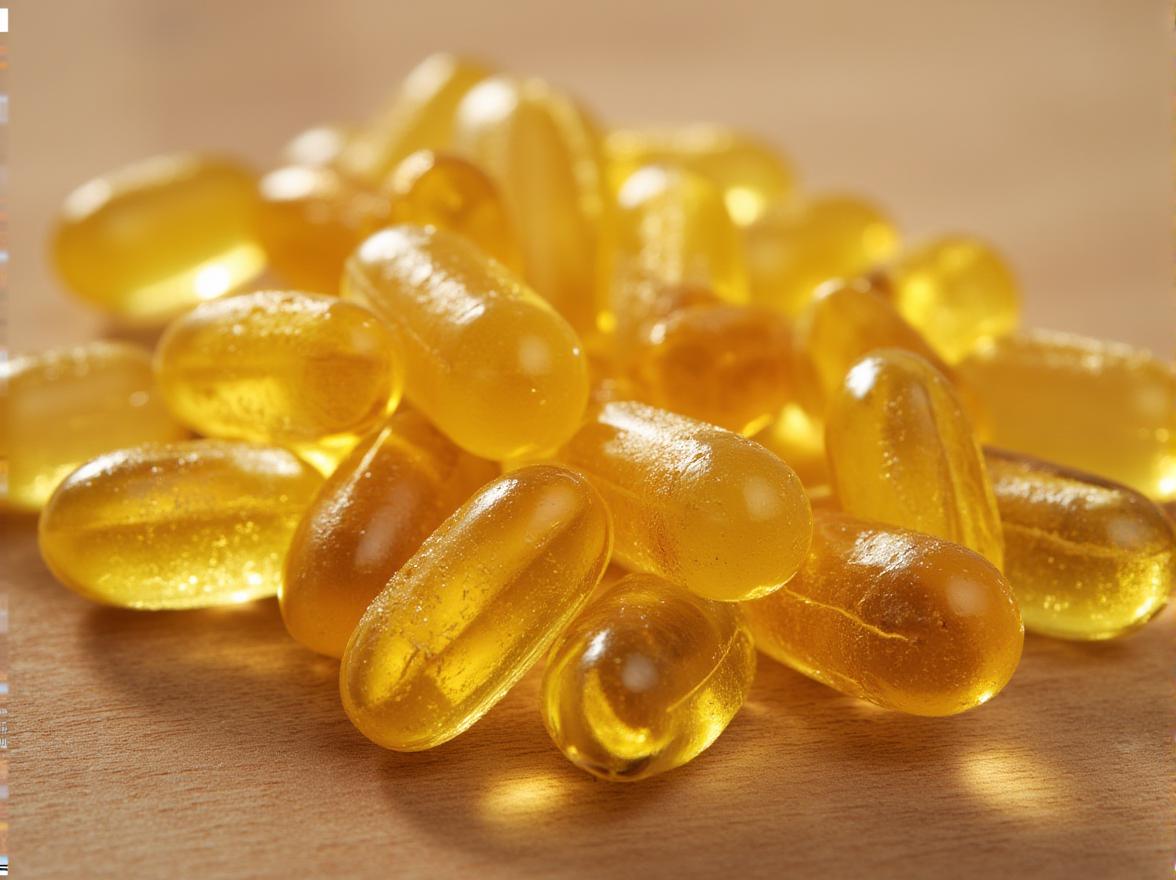Vitamin C – The Classic Immune Booster
Vitamin C is one of the most widely recognized nutrients for immune support. It promotes the production of white blood cells, enhances their ability to fight infections, and protects tissues from oxidative stress. Regular intake of vitamin C may shorten the duration and severity of colds while supporting faster recovery. Since the body does not store vitamin C, it should be consumed daily through fruits, vegetables, or supplements.
Vitamin D – The Sunshine Vitamin
Vitamin D plays a critical role in regulating immune responses and reducing inflammation. It enhances the function of immune cells and may help lower the risk of respiratory infections. Because sunlight exposure often decreases in colder months, many people develop deficiencies. Supplementing vitamin D, particularly during autumn and winter, helps maintain strong immunity and overall health.
Zinc, Selenium, and Iron – Essential Minerals for Defense
Several minerals are essential for maintaining immune strength. Zinc supports immune cell development and wound healing, selenium acts as a powerful antioxidant, and iron ensures proper oxygen transport to tissues. Even mild deficiencies in these minerals can impair immune function. They are commonly found in foods like nuts, seeds, lean meats, and seafood, but supplementation may be necessary for individuals with restricted diets.
Balancing Nutrition for a Resilient Immune System
While vitamins and minerals are crucial, their effectiveness depends on balance and consistency. Excessive supplementation can sometimes cause adverse effects or nutrient imbalances. Therefore, it’s best to combine supplements with a varied diet rich in whole foods, fiber, and healthy fats. Staying hydrated, managing stress, and maintaining regular physical activity also contribute to a strong immune system and overall well-being.




